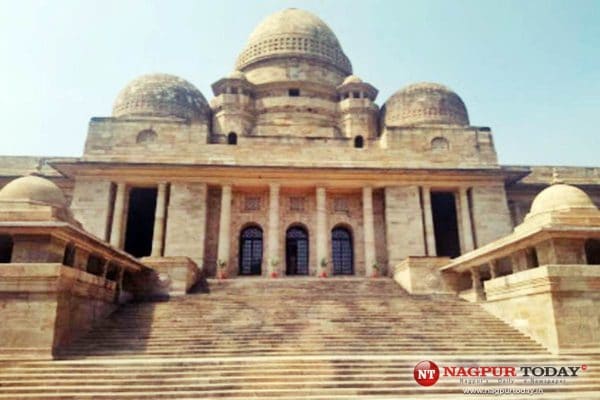Nagpur: “In absence of specific powers, the Debts Recovery Tribunal (DRT) can’t prohibit a debtor from travelling abroad” the Nagpur Bench of Bombay High Court has ruled on Thursday.
The bench comprising Justices Atul Chandurkar and Amit Borkar said if the right to travel is a part of the personal liberty of a person, he cannot be deprived of it except according to the procedure established by law.
“This is distinct and separate from the right of freedom of movement in a foreign country. The right to travel abroad by its necessary implications means the right to leave the home and visit a foreign country. It has been spelt out from the expression personal liberty in Article 21 of the Constitution,” the bend said.
The ruling came while hearing a plea by Anurag Padmesh Gupta, who is the personal guaranteed of Gupta Energy. A consortium led by Axis Bank and another group of lenders- L&T Infrastructure Finance, State Bank of Mysore, Corporation Bank, State Bank of India and Bank of India (BOI) financed a project of Gupta Energy to establish a power plant.
Proceedings under the ‘Insolvency and Bankruptcy Code, 2016′ are pending in relation to Gupta Energy before the National Company Law Tribunal (NCLT) and it was under liquidation order passed on March 15, 2018.
BOI filed a case before DRT against the petitioner and other Gupta Energy directors for recovery of Rs110.15 crore. The bank sought interim relief of restraining the petitioner from travelling overseas, which was allowed on
January 18, 2018. As the marriage of Gupta’ sister-in-law is scheduled in Turkey from June 12- 14, he moved DRT to seek permission to travel there. After his application was rejected on May 23, he moved HC through counsels Akshay Naik, Deven Chauhan and CJ Dhruv.
“The government has not made any law or provision in the ‘Recovery of Debts Due to Banks and Financial Institutions Act, 1993’ seeking to deprive or regulate the right of a person to travel abroad. We were not unmindful of the necessity of regulating the issue of recovery of public money. We are fully conscious that in certain cases, it may be necessary for the interests of the country and the public interest to prevent certain persons from leaving India,” the judges said.






















